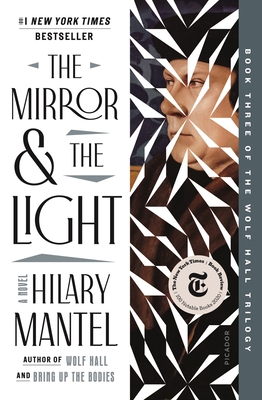georgewhatup reviewed The Mirror & the Light by Hilary Mantel (Thomas Cromwell, #3)
Review of 'The Mirror & the Light' on 'Goodreads'
5 stars
A masterpiece that gives a fitting ending to this transcendent trilogy. This novel/trilogy is an affirmation of the very art form of literature.
Like Cromwell himself, the novel is looser and more reflective than the previous two, past merging with present and dreams with reality, all leading up to a perfectly rendered ending (which I didn't know because my knowledge of the Tudors is limited - I actively avoided looking up anything to do with English history because spoilers).
A comically long book, and perfect.
A masterpiece that gives a fitting ending to this transcendent trilogy. This novel/trilogy is an affirmation of the very art form of literature.
Like Cromwell himself, the novel is looser and more reflective than the previous two, past merging with present and dreams with reality, all leading up to a perfectly rendered ending (which I didn't know because my knowledge of the Tudors is limited - I actively avoided looking up anything to do with English history because spoilers).
A comically long book, and perfect.



